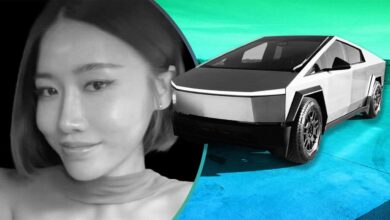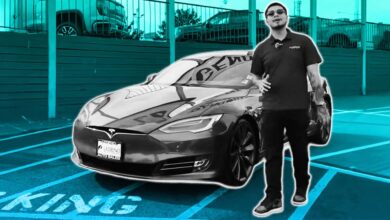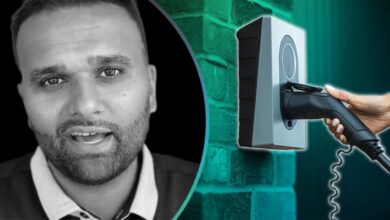Volkswagen Is Pouring Millions More Into Solid-State Battery Development

- California-based battery start-up QuantumScape is closing-in on the pilot production of solid-state battery cells.
- The Volkswagen Group has announced $260+ million worth of recent investments into the battery start-up.
- Its anode-free lithium metal cells promise more range and faster charging speeds than traditional lithium-ion batteries.
The Volkswagen Group is going full steam forward with the development and commercialization of next-generation solid-state batteries for electric vehicles.
The VW Group’s battery subsidiary PowerCo will now provide $131 million to solid-state battery start-up QuantumScape. The new funding will go towards the development of a pilot production line in San Jose, the start-up said in a press release this week.
This amount is in addition to $130 million PowerCo promised to QuantumScape last year to license and mass produce solid-state cells using QuantumScape’s technology. However, the payments hinge on certain milestones and technical progress that the start-up has to reach.
The VW Group is among the largest backers of the start-up. Its partnership with QuantumScape dates back to 2012, and the German auto giant has a 17% stake in the battery start-up, worth about $459 million.

QuantumScape battery prototype
Photo by: QuantumScape
Under an updated, non-exclusive licensing agreement that the companies signed last year, PowerCo will be able to manufacture 40 gigawatt-hours (GWh) of solid-state cells per year, with the option to expand to 80 GWh—that much capacity is enough to power one million EVs per year.
PowerCo is building battery factories in Germany, Spain and Canada, which could also be some of the potential sites for the future mass production of solid-state cells.
Traditional lithium-ion batteries use a liquid chemical for the electrolyte to facilitate the movement of ions between charging and discharging cycles. Solid-state batteries swap that out for a solid electrolyte, often made of polymer, sulfides, oxides, or a ceramic-type material.
Battery companies believe this will unlock far more range, faster charging speeds, more performance and better fire safety. Moreover, QuantumScape’s QSE-5 cells are pretty unique compared to traditional lithium-ion cells.

Photo by: QuantumScape
It’s an anode-free lithium metal battery that uses a ceramic separator—the anode is the part of the battery that holds the charge when you plug in your EV. The anode is not pre-formed like traditional batteries—it’s created during the first charging cycle as the lithium ions deposit onto the current collector.
The whole point of this approach is getting rid of the expensive and dirty graphite—which is typically used to make anodes—and also simplifying manufacturing, reducing costs and improving energy density.
Quantumscape’s cells have an energy density of 305 watt-hours per kilogram, only slightly more than today’s lithium-ion cells which deliver between 200-300 wh/kg. The company says today’s EVs which have 350 miles of range could get between 400 and 500 miles of range with the QSE-5 cells—although that number will vary depending on pack size.
It’s early to tell whether the Volkswagen Group’s huge bet on solid-state batteries will pay off. But the momentum is on their side, and these cells are closer to production than they have ever been. So, there’s more reason for optimism here than meets the eye.
Got a tip about the battery world? Contact the author: suvrat.kothari@insideevs.com
Source link



